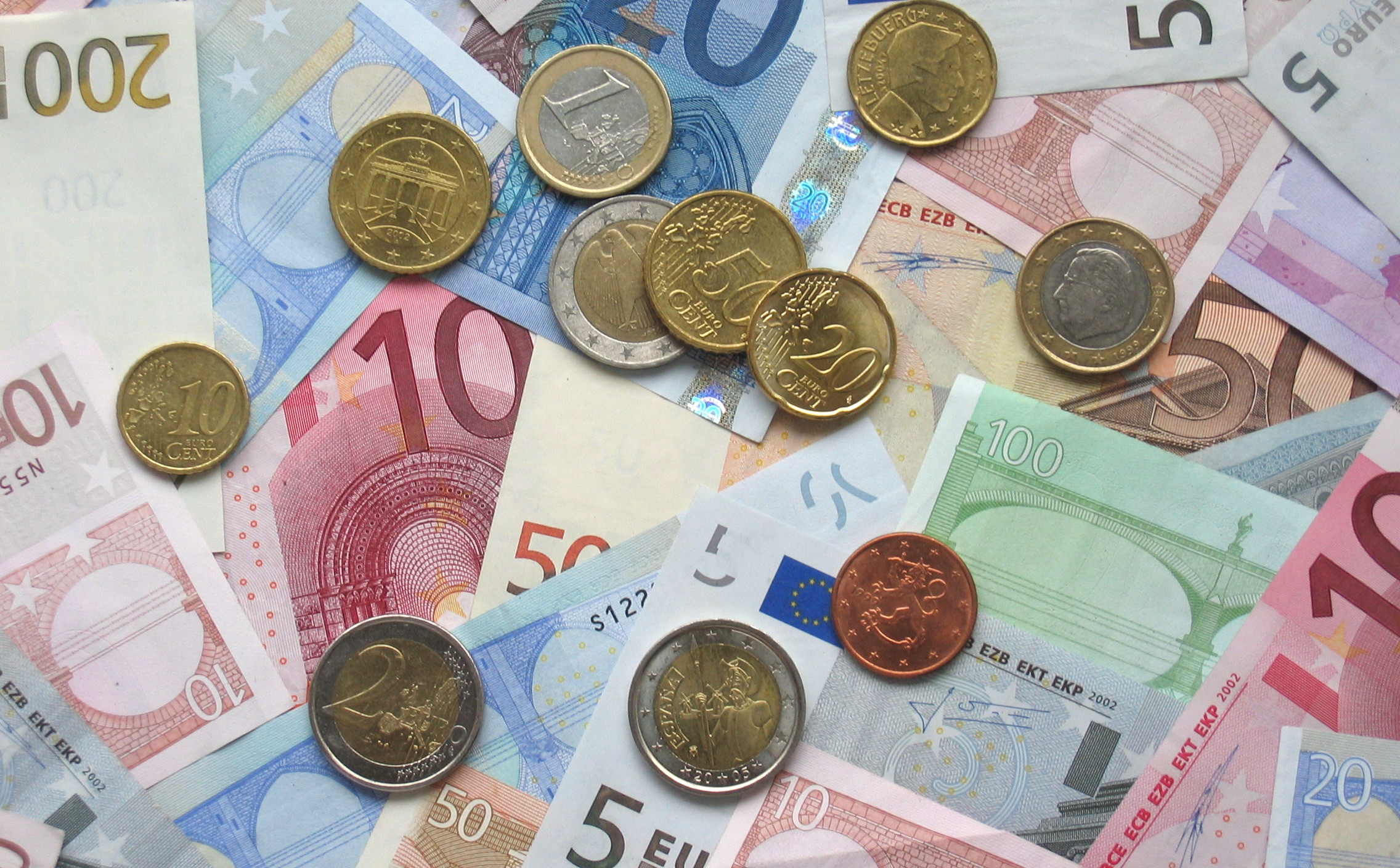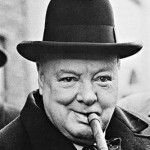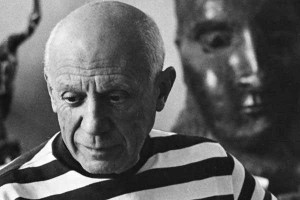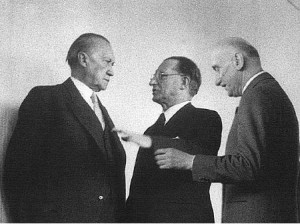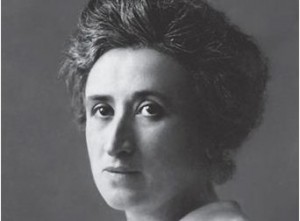New euro Bills are set to enter circulation in May 2013. Instead of the now familiar imaginary architecture, these bills will feature “a hologram and watermark of Europa, the Phoenician noblewoman who gave the continent its name. In Greek myth, she was abducted by Zeus disguised as a bull who wanted to seduce her.”
Hmmm, all right. This probably means that a) the euro won’t disappear in the following months; and b) Greece won’t be expelled from the eurozone either. But surely the designers could have come up with more inspiring illustrations? Featuring a woman who is seduced and kidnapped by a large bovine might only consolidate existing stereotypes of the Old Continent. On the other hand, choosing real Europeans who actually did something would be very, very controversial. What, to begin with, is “a European”?
The euro been made; now it remains to make Europeans. So let’s do some nation building/community imagining: there are seven euro bills, and here are six consensus choices, building on Gideon Rachman’s masterful post. I’ll let you choose the seventh.
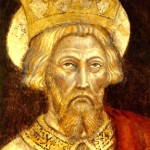
1) Charlemagne. Across-the-board, and a tribute to the somewhat strained Franco-German axis. Charlemagne’s empire stretched from the Spanish March and Rome to Kiel in the present German-Danish border, so it also has a certain pan-European appeal. Of course Charlemagne’s grandfather, Charles “The Hammer of France” Martel, defeated the Muslim hordes in Poitiers and saved Europe from becoming Eurabia (never mind the Muslims hordes were building spas in Córdoba while the rest of Europe lived in holes in the ground). So there is an implicit allusion to Europe’s “Christian roots” in the figure of Charlemagne. Whether that is good or bad, or even relevant, I am not sure. Does Europe not have Christian roots after all, regardless of how we feel about it?
2) Churchill. An ambiguous one. He gave moving speeches, was tremendously witty, and contributed to saving Europe from German domination. (Because who could imagine a Europe dominated by Germany today? Obviously Wolfgang Schäuble isn’t Goebbels, but by now it has become fairly clear who calls the shots in the eurozone). At the same time Churchill worshipped the British Empire, was a Saddam Hussein avant l’heure, and referred to Ghandi as “a half-naked fakir;” I’m not surprised Obama sent that bust of discord back to London as soon as he had a chance. Colonialism and racism are part and parcel of Europe’s heritage, whether we like it or not, and Churchill embodies this massive contradiction. Better assume it critically than hide it under the carpet, methinks.
Also: if/when the Brits abandon the EU, we get to turn that Churchill bill into a Charles de Gaulle bill. He also was a war hero, wrote decently, made funny remarks… and imagine the look on David Cameron’s face.
3) Pablo Picasso. Another no-brainer. Famous artist, pleases the French and the Spanish, and speaks to a long and venerable tradition of intellectual and political exodus from Spain to France. But I would rather settle for Goya, who also fled to France, captured the horrors of war even better than Picasso, and was by far the most modern and far-sighted painter of his time. He was probably a nicer guy, too.
4) Beethoven. Another easy sell in Rachman’s list. Ode to Joy, immensely talented, etc.
5) The Big (European) Three. Adenauer, de Gasperi, and Schuman –the Founding Fathers of the EU. Or were they? Belgium, the Netherlands and Luxembourg also founded the European Coal and Steel Community. But should these “small three” be included? And what about Jean Monnet? All these men deserve appearing in some euro bill, but fitting them in a politically correct way might be hard.
6) Rosa Luxemburg. As a Marxist theorist (and one that didn’t fall for the Leninist deviation), Luxemburg might be too much for today’s Europe, but she would make a great choice. First of all it would be nice to have at least one woman among all those manly bills. Second, Luxemburg was one of the few coherent Social Democrats who refused to toe the line of the German Empire and condone the slaughter of millions of Europeans. And she was murdered for that -by the Nazi’s predecessors. Rosa Luxemburg was Jewish, like so many other European intellectuals without whom the continent would not be what it is today. She speaks to so many important themes in European history that I can’t see a reason not to include her.
7) Your pick, please vote. But I will include my list of risky candidates. Woe if a single one makes it to a bill; all have given much to Europe, but most would never be selected: George Orwell, Arthur Koestler, Herman Hesse, Italo Calvino, Pope John XXIII, José Ortega y Gasset, Tony Judt, Václav Havel, Shakespeare, Cervantes, Eugene Ionescu (better him than Cioran), Tycho Brahe (just for the hell of it; he’s way more fun than Galileo), and Napoleon (just to piss David Cameron again).
